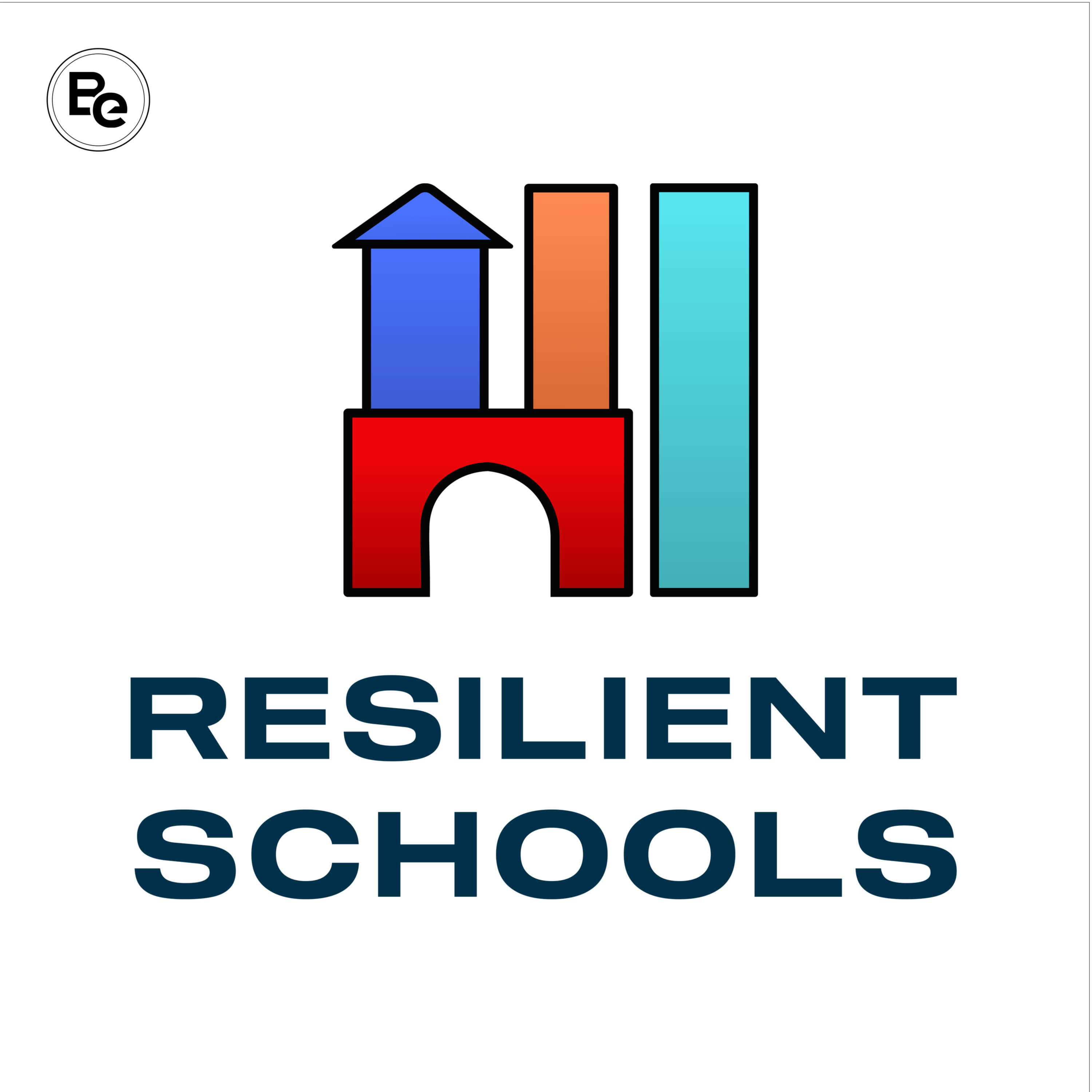- After-Shows
- Alternative
- Animals
- Animation
- Arts
- Astronomy
- Automotive
- Aviation
- Baseball
- Basketball
- Beauty
- Books
- Buddhism
- Business
- Careers
- Chemistry
- Christianity
- Climate
- Comedy
- Commentary
- Courses
- Crafts
- Cricket
- Cryptocurrency
- Culture
- Daily
- Design
- Documentary
- Drama
- Earth
- Education
- Entertainment
- Entrepreneurship
- Family
- Fantasy
- Fashion
- Fiction
- Film
- Fitness
- Food
- Football
- Games
- Garden
- Golf
- Government
- Health
- Hinduism
- History
- Hobbies
- Hockey
- Home
- How-To
- Improv
- Interviews
- Investing
- Islam
- Journals
- Judaism
- Kids
- Language
- Learning
- Leisure
- Life
- Management
- Manga
- Marketing
- Mathematics
- Medicine
- Mental
- Music
- Natural
- Nature
- News
- Non-Profit
- Nutrition
- Parenting
- Performing
- Personal
- Pets
- Philosophy
- Physics
- Places
- Politics
- Relationships
- Religion
- Reviews
- Role-Playing
- Rugby
- Running
- Science
- Self-Improvement
- Sexuality
- Soccer
- Social
- Society
- Spirituality
- Sports
- Stand-Up
- Stories
- Swimming
- TV
- Tabletop
- Technology
- Tennis
- Travel
- True Crime
- Episode-Games
- Visual
- Volleyball
- Weather
- Wilderness
- Wrestling
- Other
Building NeuroResilience with Katie Perez Resilient Schools 22
Today we talk with Katie Perez and how to help people be regulated through connection, stress vs. toxic stress vs. trauma.
- We don’t have the language to talk to kids about what is going in their brains when they are dysregulated.
- It’s normal to act this way when you are stressed, and this is how you build resilience
- Name to tame - name an emotion to tame an emotion.
- Kids don’t always have the words to express what they’re experiencing.
- Mad, sad, glad, or afraid as the keywords.
- Coregulation is the idea that self-regulation is baloney. You calm down through connection.
- Connecting with other regulated people.
- Can’t have two amygdalas talking to each other.
- The nervous system can regulate itself if it has strategies.
- When we’re in connection with another regulated person, we try to regulate with theirs.
- Repeated Rhythmic Activity as helps to regulate someone.
- Start having conversations to get us back into
- Emotions are signs: they’re just signs that something is off.
- What our emotions mean.
- Mad really means my sad and afraid got in control.
- We can only choose our responses when we are afraid
- We all go through challenges. We compare our curses, and we live in the curse rather than the blessing
- What is the difference between stress and trauma.
- Everyone experiences things differently.
- How do we reframe those things that we say to kids about their lives
- Transforming discipline
- Rebecca Lewis-Pankratz's episode on Discipline vs. Punishment
- It’s not about you.
- Social discipline window
- Building NeuroResilience Training
- Students even take this through an independent study course.
- Stopitsolutions app help me
- Reach out to her at essdack.org and on Facebook
- About Katie Perez
Katie Perez does a lot at ESSDACK, Project-Based Learning, Trauma/Resilience, School Redesign, Four Disciplines of Execution, Elementary Generalist, Keynoter, Facilitator, Coach, and Mentor. A large part of Katie’s work at ESSDACK focuses on supporting educators as they become trauma-informed. Katie has been researching and speaking about the science of hope since 2007. She says, “Hope guides me in all endeavors. In both my professional and personal life, I see opportunities to share and spread hope with others so that they too may develop pathways to see great possibilities in their lives. I believe in the power of engaged educators to build significant relationships with young people to encourage, inspire, and build great lives.” This work has led to a partnership with Jim Sporleder to build a curriculum guide to support school faculties in their journey to becoming trauma-informed. Katie’s true passion in education is in helping teachers reignite their own passion for teaching and learning. As a facilitator and coach, Katie customizes professional learning to target the specific goals and needs of each educator or audience. She believes that the key to unlocking the full potential in our education system relies on the hope, well-being, and engagement of our educators and students.
We're so grateful to our sponsor AI Coach by Edthena. AI Coach enables your teachers to go through coaching cycles based on their own needs. The virtual coach guides teachers to reflect on their teaching, set a goal, and create an action plan… all based on gathering classroom evidence. It gives support between PD days and other coaching cycles.Get a free trial for your teachers here.

